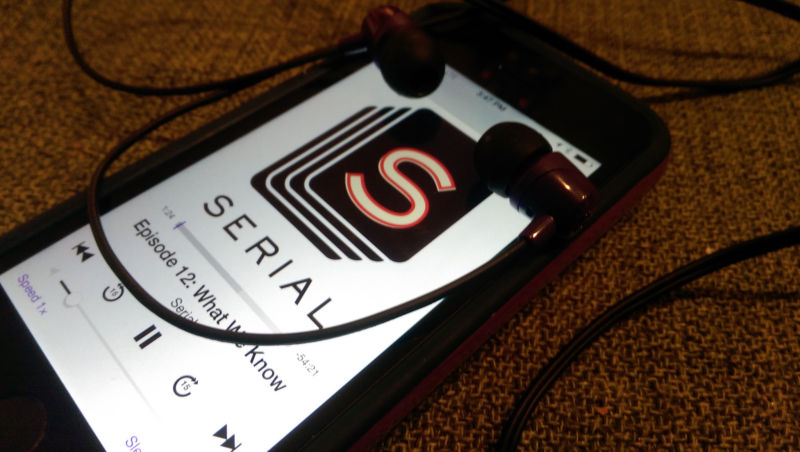
On Monday, the US Court of Appeals for the Federal Circuit affirmed the April 2015 inter partes review (IPR) ruling—a process that allows anyone to challenge a patent's validity at the US Patent and Trademark Office.
“We’re glad that the IPR process worked here, that we were allowed to go in and defend the public interest,” Vera Ranieri, an EFF attorney who worked on the case, told Ars. (She told Ars that her favorite podcast is Lexicon Valley.) There had been a question as to whether EFF had standing during the appellate phase of the case.
Back in 2013, Personal Audio began sending legal demand letters to numerous podcasters and companies, like Samsung, in an apparent attempt to cajole them into a licensing deal, lest they be slapped with a lawsuit. Some of those efforts were successful: in August 2014, Adam Carolla raised about $500,000 as part of a possible legal defense fund. (Carolla settled with Personal Audio, but it's unclear how much money, if any, changed hands.)
As Personal Audio began to gain more public attention, the Electronic Frontier Foundation, however, stepped in and said that it would challenge Personal Audio’s US Patent No. 8,112,504, which describes a “system for disseminating media content representing episodes in a serialized sequence.” In the end, EFF raised over $76,000, more than double its initial target.Monday’s news gained some approval from at least one big-name podcaster: Marc Maron.
If you like podcasts & value their creators, throw some love toward @EFF today. They fought tirelessly for all of us https://t.co/7Gm1wDsdge https://t.co/td5bn2nZo3
— WTF with Marc Maron (@WTFpod) August 7, 2017
A years-old saga
As Ars reported previously, the history of Personal Audio dates to the late 1990s, when founder Jim Logan created a company seeking to create a kind of proto-iPod digital music player. But his company flopped. Years later, Logan turned to lawsuits to collect money from those investments. He sued companies over both the “episodic content” patent, as well as a separate patent, which Logan and his lawyers said covered playlists. He and his lawyers wrung verdicts or settlements from Samsung and Apple.
Unlike many non-practicing patent owners, which are sometimes derided as “patent trolls,” Logan didn’t hide from his patent campaign. He spoke publicly about his company’s history and his reason for pursuing patent royalties, giving interviews to National Public Radio and the CBC and doing a Q&A on Slashdot.
Personal Audio did not immediately respond to Ars’ request for comment. The company has not filed any new lawsuits since it sued Google in September 2015 over two other audio-related patents.
reader comments
65